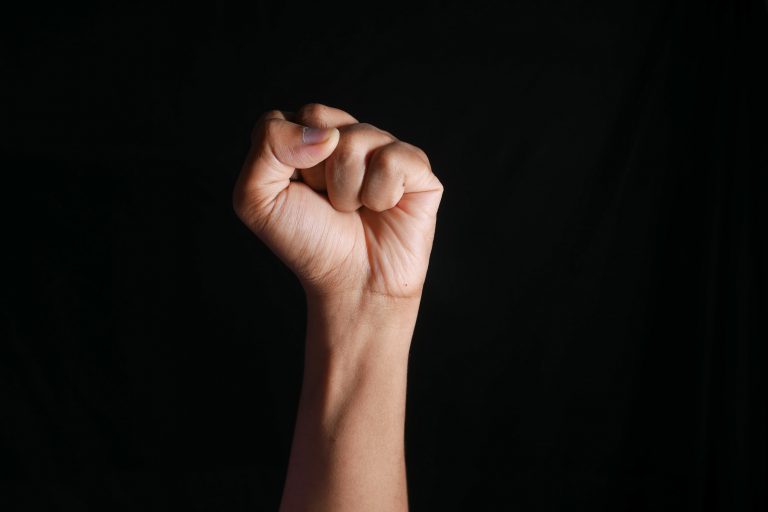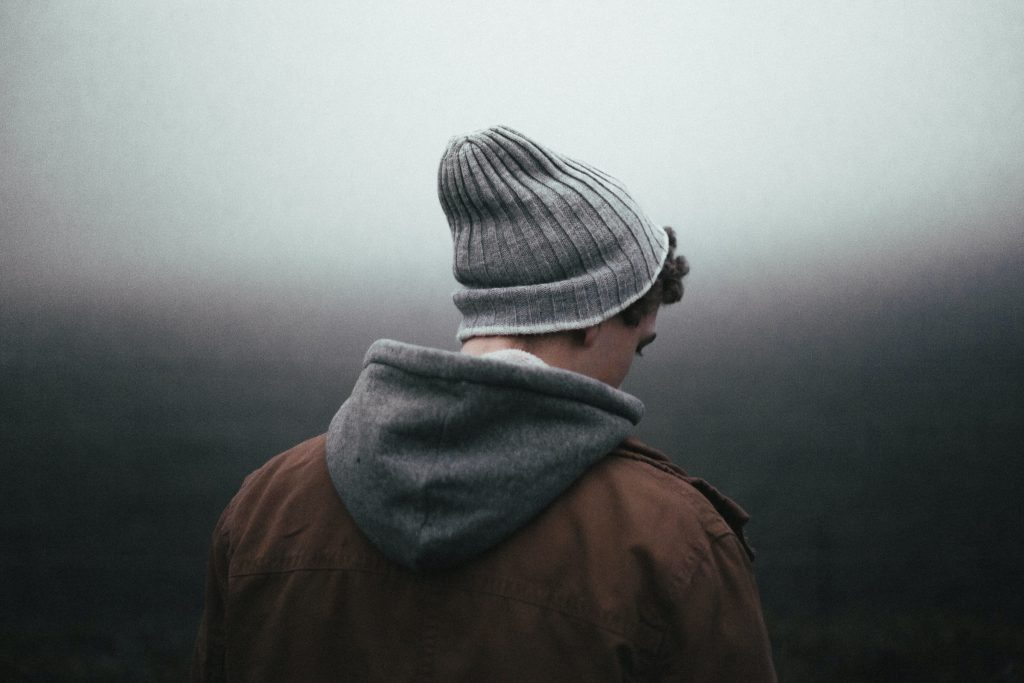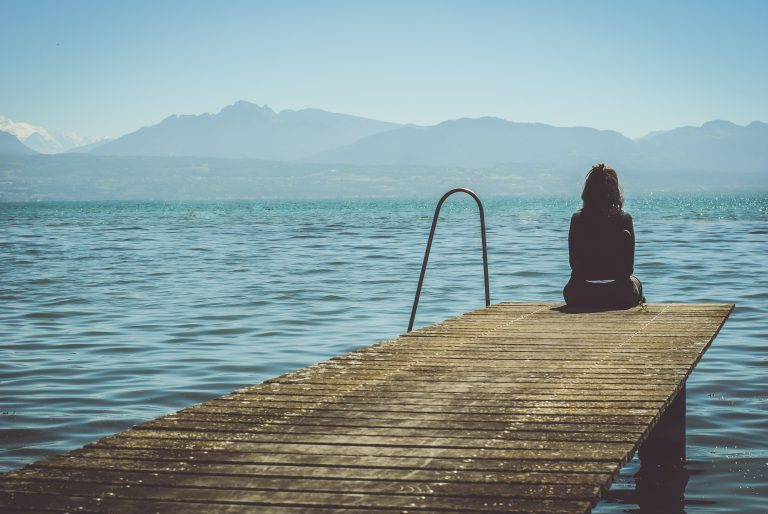The Courage to be Vulnerable
Confronting the reality of our humanity can make us more resilient.

February 02 , 2023
What do you think the word ‘vulnerability’ means? While vulnerability is commonly mistaken for weakness, it is in fact a phenomenon that indicates the highest order of strength.
Common definitions of vulnerability can make it sound like an undesirable attribute. One doesn’t exactly feel a rush of optimism upon reading that vulnerability is commonly described as the “capability to be hurt or attacked,” or the “susceptibility to being wounded.” Yet, when we think about it, what are we without our ability to be wounded, without our ability to feel?
Brene Brown, a renowned American professor and scholar on vulnerability, describes it as, “uncertainty, risk, emotional exposure.”
Thus, vulnerability then is the act of letting our guard down. That doesn’t always mean we’re getting ready to be hit, sometimes it could simply mean we’re getting ready to see beyond ourselves, and into novelty.
Being vulnerable means being impacted by something outside our control and effort. Numerous forces exert pressure on us, so vulnerability is inevitable.
Vulnerability is a natural emotion.
The sensations we experience while being vulnerable can be very similar to those we experience while being afraid. Uneasy, with a rapid heartrate and some extra nervousness in that ‘nervous’ system of ours.
With a shiver or a held breath, unease prods us. As our blood pressure rises and our pulse rates quicken, it might cause us to lose our balance, as we frantically attempt to focus on the present moment.

These sensations further agitate us, signalling to us that vulnerability was perhaps, not a good idea. But what happens when we let those feelings pass? Or when we look back at the moments when we chose to be vulnerable?
What do our actions indicate to us then?
Is it those same feelings of unease, or have they now morphed into memories of courage?
Less longing, more vulnerability.
Longing is a beautiful, life-giving force. Without it, we wouldn’t take chances or push ourselves. We all long for a satisfying existence. Each of us is born with an innate desire to witness the complex miracle of awareness: to actually be here, to want to taste, touch, and experience everything. In our lives, we want to be more than bystanders. Ironically, we also have a protective tendency that drives us to defend ourselves, not only from danger, but also from discomfort and even emotional agony.
Our bodies are wise. They use turmoil to pinpoint to us the optimal level of internal growth. Your right shoulder tightens in tension—but instead of ignoring it you pause, paying careful attention to the discomfort. After a moment of distraction, muscles release the tension, and your shoulder drops slightly. The body registers your awareness and settles. A channel opens to a wave of sadness that enlightens a truth you have been avoiding. Perhaps you’ve been working so hard to get everything done, but simply can’t do it alone. Wishing you were more efficient with more time and energy, yet without the limitations that come with being human.

But we are, indeed, only human. Therefore, the sadness we feel about the limits of the human experience, can be slowly released by pushing our own limits in small ways daily, through vulnerability! And when the going gets tough, then too, vulnerability can help us stay afloat. It’s what allows us to ask for help, to reach out to our social support system.
Vulnerability gives us the opportunity to come home, feel immensely, and foster growth. It transforms our weakness into our strength and acts as the doorway to our best life!
-Author bio: Simran is a Doctoral Research Scholar at JIBS. (Additional editorial inputs from Samreen Chhabra.)
